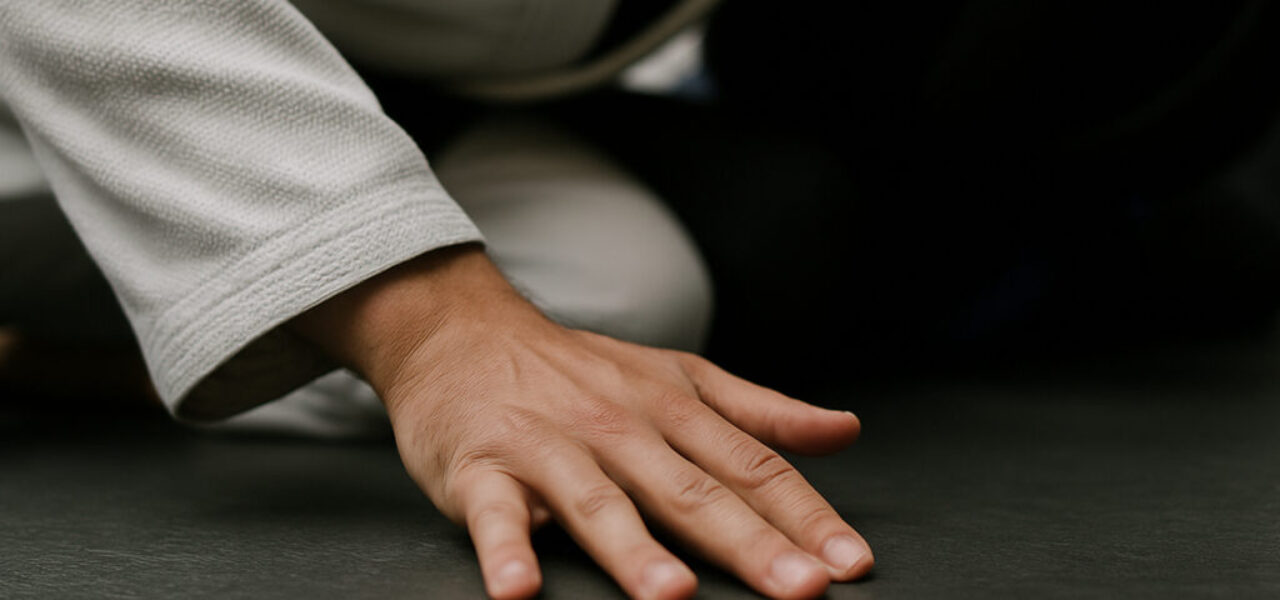LOSING WELL
Losing doesn’t feel good. Even when you know it’s part of the process, even when you expect it, it still stings. That brief flash of frustration, the awkward glance, the mental spiral afterward. It’s not easy, and I don’t think it ever will be.
But over time, I’ve come to see that how you lose might say more about you than how you win.
In Brazilian Jiu Jitsu, losing is a daily experience. You get tapped, controlled, outpaced, out-thought. It’s humbling. You can train for years and still get completely dismantled by someone who’s simply better, or just more present that day. There’s no hiding. That’s part of what makes it valuable. At first, I tried to lose with dignity, and failed. I’d make excuses in my head. “I was tired.” “They were heavier.” “It doesn’t count.” It was subtle, but it was there. My ego didn’t want to let go. Eventually, I realized that losing well isn’t about pretending it doesn’t matter. It’s about letting it matter, without letting it define you.
Losing well means:
-
Feeling the sting, but not resenting the person who beat you.
-
Not hiding behind excuses, even in your own thoughts.
-
Using the loss as data, not proof.
-
Coming back the next day, not to redeem yourself, but to keep learning.
The biggest lesson? If you need to win in order to feel okay, you’re not really training, you’re just managing your self-worth.
Now, when I lose, I try to see what it’s pointing to. A gap in my technique. A moment of hesitation. A tendency to panic under pressure. Or maybe just a bad day, and that’s okay too. Losing well doesn’t mean you enjoy it. It just means you’ve learned how to hold it, lightly, honestly, and without needing to rewrite the story.

